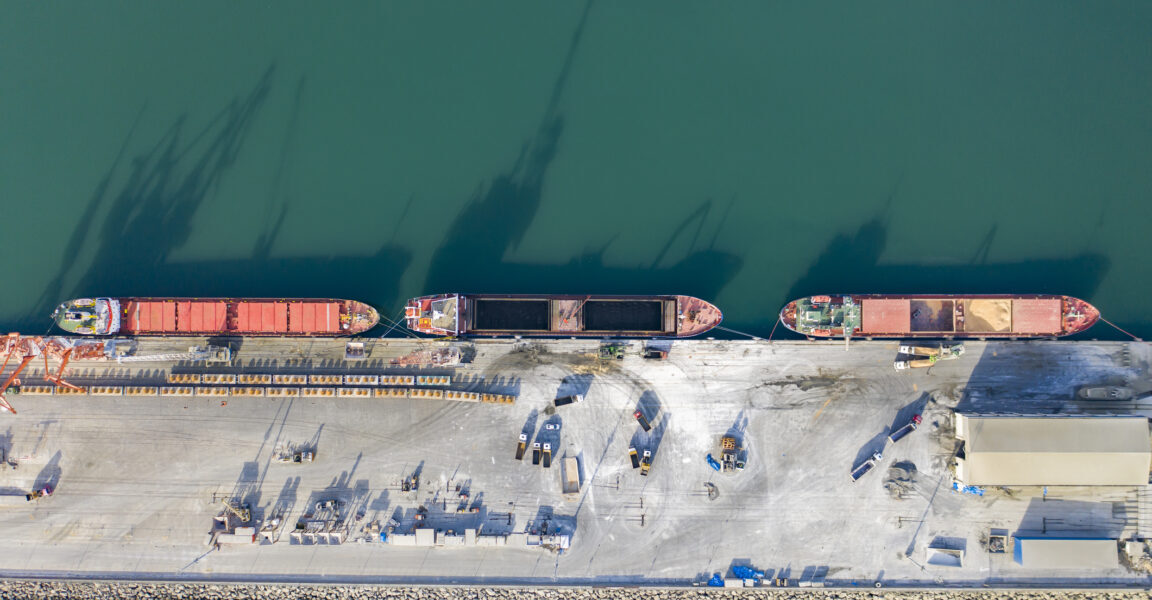Air quality problems spur $200 million in funds to cut pollution at ports
“We’re essentially creating a microgrid at the port,” she said.
Improving the air for disadvantaged communities
The Clean Ports funding will also be a boon for people like Garcia, who live near a US shipping port.
Shipping ports are notorious for their diesel pollution, which research has shown disproportionately affects poor communities of color. And most, if not all, of the census tracts surrounding the Midwest ports are deemed “disadvantaged communities” by the federal government. The EPA uses a number of factors, including income level and exposure to environmental harms, to determine whether a community is “disadvantaged.”
About 10,000 trucks pass through the Port of Detroit every day, Schrupp said, which helps to explain why residents of Southwest Detroit and the neighboring cities of Ecorse and River Rouge, which sit adjacent to Detroit ports, breathe the state’s dirtiest air.
“We have about 50,000 residents within a few miles of the port, so those communities will definitely benefit,” he said. “This is a very industrialized area.”
Burning diesel or any other fossil fuel produces nitrous oxide or PM2.5, and research has shown that prolonged exposure to high levels of those pollutants can lead to serious health complications, including lung disease and premature death. The Detroit-Wayne County Port Authority estimates that the new port equipment will cut nearly 9 metric tons of PM2.5 emissions and about 120 metric tons of nitrous oxide emissions each year.
Garcia said she’s also excited that some of the Detroit grants will be used to establish workforce training programs, which will show people how to use the new technologies and showcase career opportunities at the ports. Her area is gentrifying quickly, Garcia said, so it’s heartening to see the city and port authority taking steps to provide local employment opportunities.
Beck said that the Port of Cleveland is also surrounded by a lot of heavy industry and that the census tracts directly adjacent to the port are all deemed “disadvantaged” by federal standards.
“We’re trying to be good neighbors and play our part,” she said, “to make it a more pleasant environment.”
Kristoffer Tigue is a staff writer for Inside Climate News, covering climate issues in the Midwest. He previously wrote the twice-weekly newsletter Today’s Climate and helped lead ICN’s national coverage on environmental justice. His work has been published in Reuters, Scientific American, Mother Jones, HuffPost, and many more. Tigue holds a master’s degree in journalism from the Missouri School of Journalism.
This story originally appeared on Inside Climate News.




